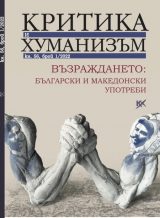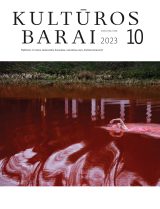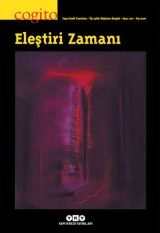Since the publication of his first book, “The Birth of Tragedy”, Nietzsche’s writings have been a source of heated controversy. For over a hundred years he had his fair share of admirers and critics. In the last few decades, however, mainly in response to Heidegger’s monumental Nietzsche study, attention has shifted from what actually Nietzsche said to the underlying philosophical themes that might have motivated, or even mitigated, what was said.
Belá Egyed
is Professor of Philosophy at Carleton University, Ottawa.
Articles
While Nietzsche was an enemy of populism and egalitarianism, he was also an enthusiastic supporter of the struggle for liberty; his perfunctory endorsement of existing institutions sits alongside a proto-politics of drives and intensities. A Nietzschean politics is less a critique of political events so much as a diagnosis of the forces and tendencies driving them – and therein lies its liberalism, writes Béla Egyed.
In Richard Rorty’s article “Democracy and philosophy”, based on a lecture given to students in Iran, he argued that moral insight is “not a product of rational reflection but a matter of imagining a better future, and observing the results of attempts to bring that future into existence.” For Belá Egyed, this constitutes cultural and historical relativism and an abdication of critical rationality.



